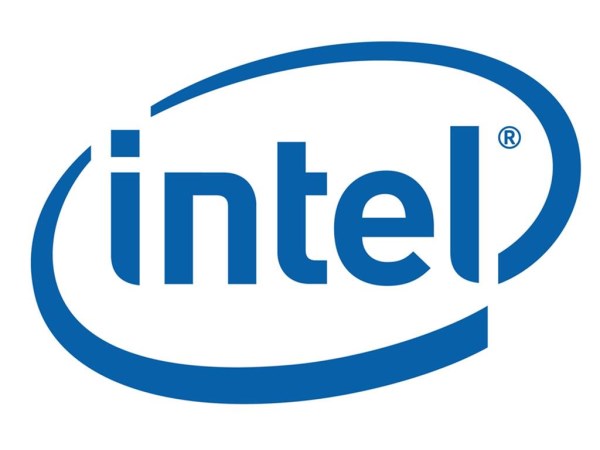Not since the invention of the Internet itself has there been a buzzword as hot today as the Internet of Things (IoT). At the most basic level, IoT consists of “things” that are connected to the internet; enabling a richer way of living and working by making things smarter. These “things” can range in shape and size from a person with a heart monitor implant that alerts assigned next of kin in case of emergencies to a car with a built-in sensor to keep the driver informed on its fuel-efficiency.
With the almost limitless possibilities in the number of things capable of being connected to the Internet, there could be as many as 25 billion devices connected to the Internet by 2015 and 50 billion by 2020. As more things generate a wealth of data, the Internet of Things (IoT) is also accelerating the accumulation of big data stores.
Speaking at a media roundtable session, Intel Malaysia and the Multimedia Development Corporation(MDeC) jointly outlined a strategic vision for the Internet of Things in Malaysia – providing a framework to guide Malaysian digital entrepreneurs keen to secure their stakes in the business of Internet of Things (IoT).
“The term “the Internet of Things” was actually coined nearly 20 years ago by professors at MIT to describe a world where “things,” which can be devices or sensors, are both smart and connected, with the ability to collect and share data,” said Prakash Mallya, Country Manager Sales and Marketing Intel Malaysia and Singapore at the roundtable. “In Malaysia, Intel has been working with local talent to develop the groundwork and foundations of IoT via our Intelligent Systems Group based out of Intel in Penang.”
“That being said, no single technology provider can enable the IoT alone. So it makes sense that fulfilling its promise requires collaboration,” Mallya added. “Intel is at the center of a vibrant ecosystem of organizations – including government regulators and agencies such as MDeC – that are speeding the development of the IoT in industries and applications everywhere.”
“From a broad perspective, the global digital economy is expected to grow to RM156.5 Trillion by 2020,” said Hasannudin Saidin, Director of Digital Entrepreneurs division in MDeC. “In addition to that, the strong growth of domestic demand for digital products and services presents huge opportunities for Malaysian digital entrepreneurs.”
As driver of the national ICT initiative, MDeC said it is committed into facilitating the development of Internet of Things (IoT) in Malaysia as the country strive towards a developed digital economy by 2020.
While concurring with Saidin, Mallya was also highlighted several points digital entrepreneurs must consider before embarking on Internet of Things (IoT) business ventures; that they must connect things to the cloud, integrate their innovations with existing infrastructure, manage and analyze the data things generate while ensuring the security of such data gathered.
“Intel has a strong heritage, developing silicon, software and services, and has delivered integrated solutions within vertical segments including retail, industrial, healthcare, digital surveillance and automotive. Likewise, Intel’s IoT focus spans from Quark to Xeon; devices to data centres; hardware and software, security and devices; and is delivering products and technologies that embed intelligence into everyday objects,” said Mallya. “Intel is also focused on accelerating the development and deployment of intelligent devices, connecting legacy devices to the cloud and enabling end-to-end analytics to transform business through the new Intel Gateway Solutions.”
Also present at the roundtable session to make a case for the opportunities in Internet of Things (IoT) was Sim Hon Wai, General Manager of MDT Innovations Sdn. Bhd. MDT Innovations was among the three grand winners from Malaysia to capture a winner’s trophy in The Communications category at The International APICTA Award Ceremony 2013 for its solution.












